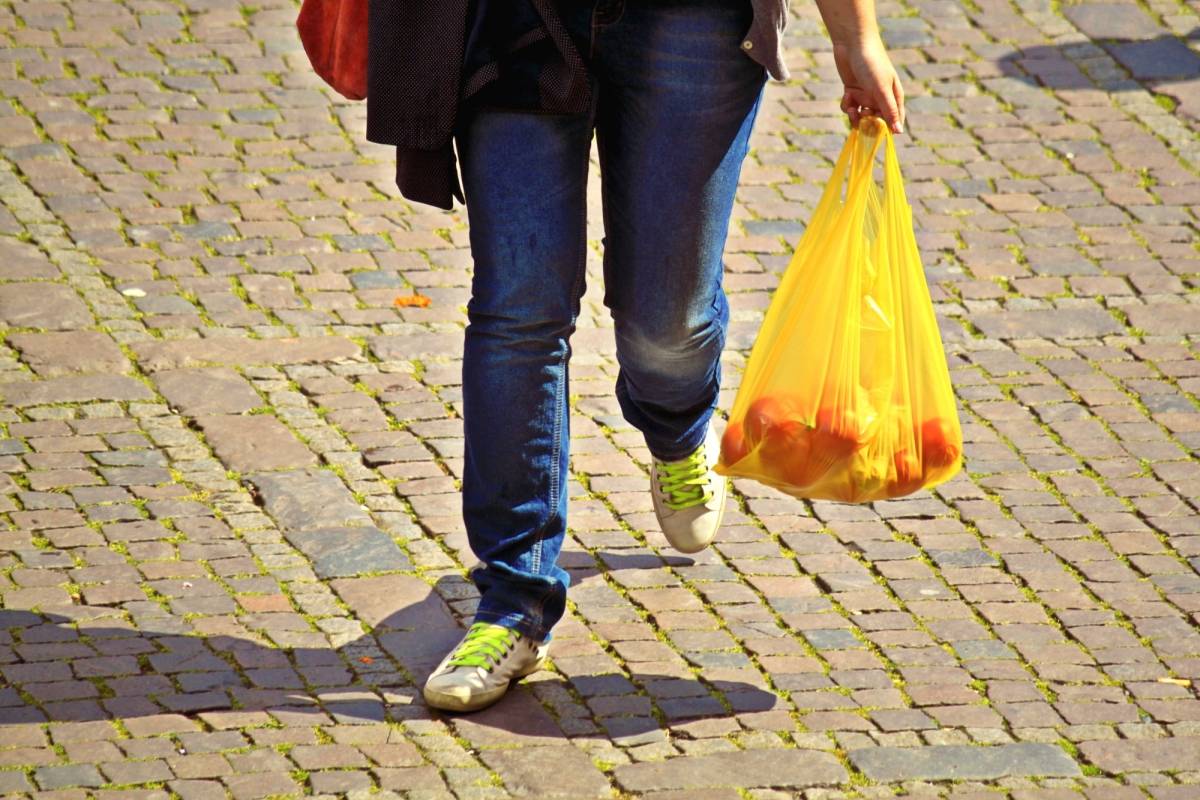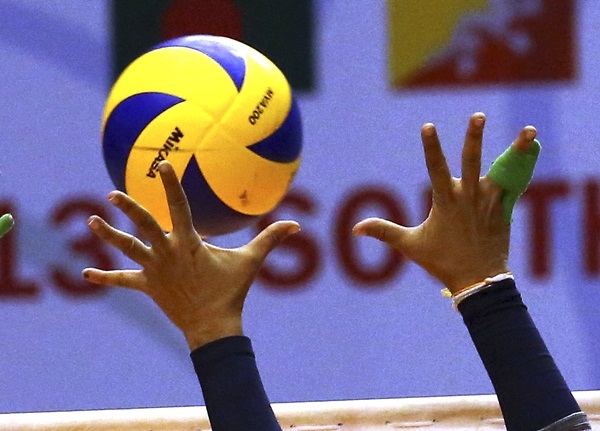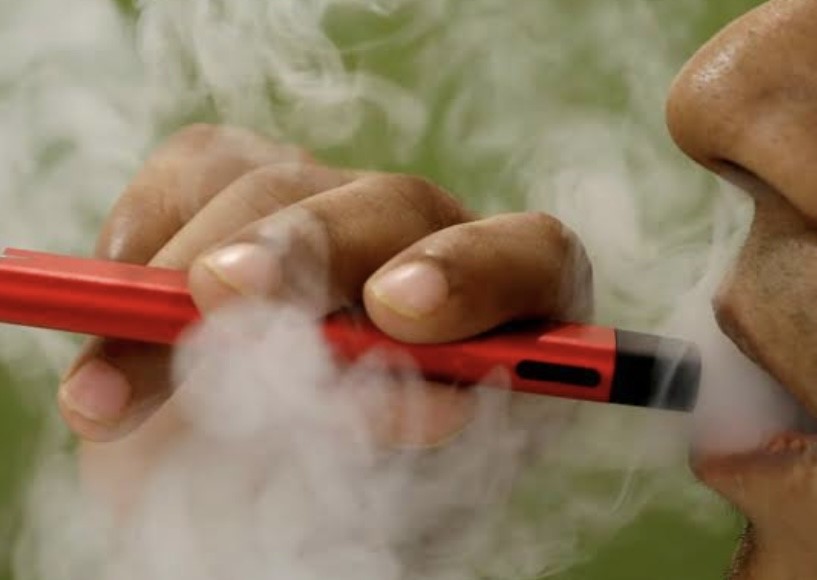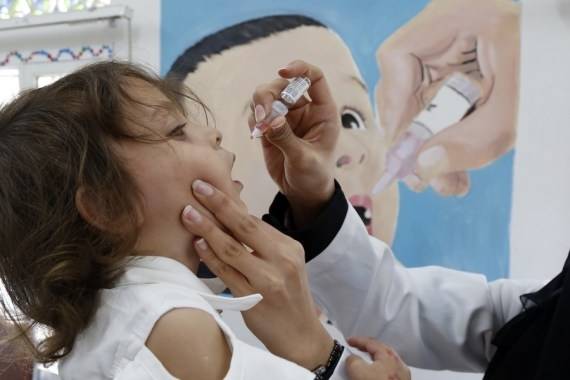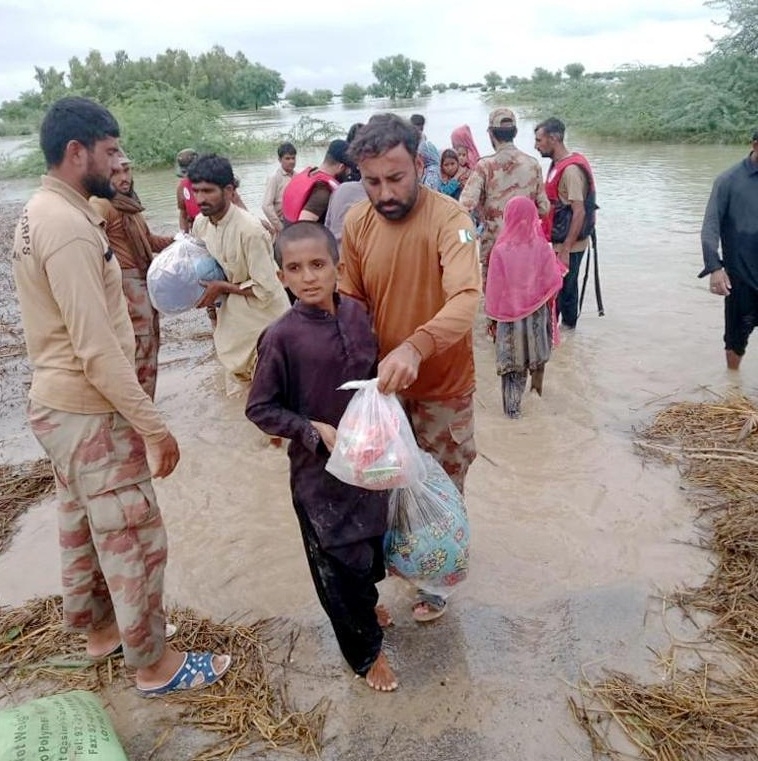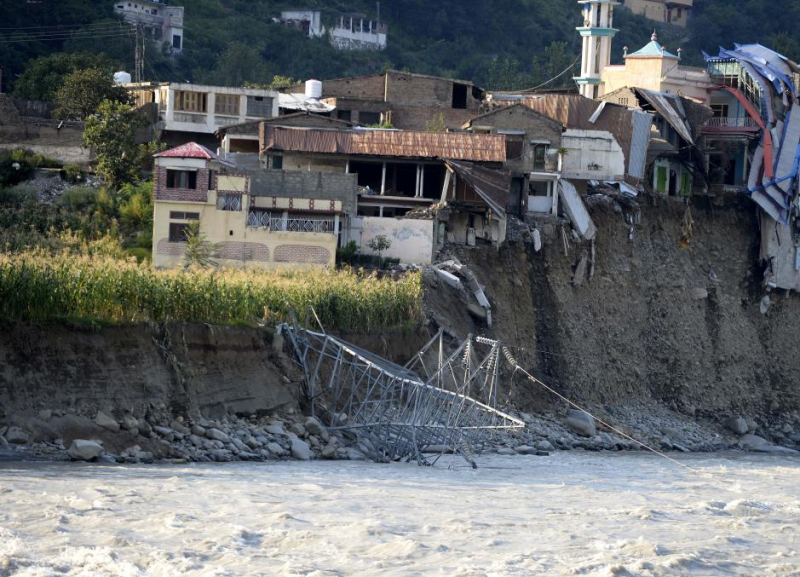With a push from the Centre/CPCB, almost all states and UTs are working towards implementing the ban by various means, including an emphasis on awareness and providing alternatives to the banned items…reports NIVEDITA KHANDEKAR
When Sandhya Sharma, a homemaker from central Delhi, bought vegetables and fruits the vendor quickly pulled out a polythene bag. Handing over her cloth bag, Sharma asked him if he was aware that from July 1 polythene bags are banned. The vendor answered in the negative.
As against this, in Tamil Nadu the ‘Meendum Manjappai’ (Once again, yellow bag) campaign has been working wonders for almost a year now. It refers to the age-old practice by Tamilians to carry a cotton bag, coloured yellow with turmeric, while stepping out of their homes.
A Manjappai vending machine – people insert a Rs 10 coin or a note to get it – installed at the largest Koyambedu wholesale market in Chennai has already sold about 1,000 cloth bags over this week indicating the response from the citizens to the ban on SUP.
But it is not just polythene bags. Scores of businesspersons, vendors and even users are still not aware that from July 1 there is going to be a total ban on single use plastic (SUP) across India.
The proposed ban includes items such as plastic straws, polythene bags, plastic sticks for candy or ice creams, polystyrene (thermocol) for decoration, plastic cups, glasses and cutlery items, plastic sticks for ear buds, for balloons, wrapping films for sweet boxes or cigarettes and even PVC banners of less than 100 microns.
What exactly is the ban?
As per the Plastic Waste Management (PWM) Rules, 2016, there is a complete ban on sachets using plastic material used for storing, packing or selling gutkha, tobacco and pan masala. As per PWM (Amended) Rules, 2021, the manufacture, import, stocking, distribution, sale and use of carry bags made of virgin or recycled plastic less than 75 microns (i.e. 0.075 mm in thickness) has been banned with effect from September 30, 2021 as opposed to the 50 microns recommended earlier under PWM Rules, 2016.
The Centre then brought out another notification on August 12, 2021 that prohibited manufacture, import, stocking, distribution, sale and use of the identified single use plastic items, which have low utility and high littering potential with effect from July 1, 2022.
It is an attempt to reign in the plastic menace, especially for things that are literally used only once and are then discarded, polluting the soil and harming marine biodiversity.
Has the Centre done enough?
Across India, since the Environment Ministry’s notifications last year, on the one hand it is the Ministry and the Central Pollution Control Board (CPCB) that is working in tandem with their counterparts in the states while on the other hand, it is the states that are working with the local bodies to set the house in order.
Chaired by the Secretary, Environment Ministry, there is a national task force of all Chief Secretaries of states/UTs. Then, there is another task force headed by the CPCB comprising all the state pollution control boards/pollution control committees. For over a year now, there are regular meetings happening, there is stocktaking happening.
“The state PCBs have made an inventory of industries dealing with SUP and issued letters to each of them. Basically, that has ensured that each one of them is aware and on board,” said an official from the Ministry.
But it is easier said than done. “The government had given one year to bigger industries but even then certain large manufacturers — such as Amul’s resistance to plastic straws — are trying to jeopardize the future of the younger generation by trying to dilute this ban,” said Bharati Chaturvedi of Chintan, an NGO working for waste management and with waste pickers.
“There should be a massive public awareness campaign in all languages, including regional ones and in local media too so that people know about the banned items. The government should also then strictly implement the ban and forbid availability,” said Ravi Agrawal of research think tank Toxics Link.
What are the states doing?
With a push from the Centre/CPCB, almost all states and UTs are working towards implementing the ban by various means, including an emphasis on awareness and providing alternatives to the banned items.
Stating that it is fabulous that these 14-15 items are going to be banned and that they are not going to be missed as alternatives are possible and they don’t really take away from the livelihoods of waste recyclers, Chaturvedi pointed out: “The state and the Central governments ought to give soft loans, give subsidies and any and every kind of help to the alternative products that are manufactured by single, small entrepreneurs for local consumption.”
The local bodies too can have a role in this. However, not all are as active as they ought to have been. There are some 4,700-odd urban local bodies (ULBs) across India, of which, earlier this month, only some 2,500 had notified the ban on SUP. It had prompted the Ministry of Housing & Urban Affairs (MoHUA) to ask them to phase out SUP and contribute to the overarching clean and green mandate.
The SPCBs and the state level task forces too have been working on awareness campaigns. For instance, the Delhi Pollution Control Committee (DPCC) has taken out public advertisements in April and May and also issued guidelines for all producers, manufacturers, stockists, distributors, sellers and also the users in newspapers and other media. Uttar Pradesh has planned a roll out of an intensive campaign from June 28 till July 3. Kerala has done a lot of work in spreading awareness.
But it is Tamil Nadu that has been amongst the front runners on multiple fronts. It had announced its own ban in 2018 itself and by 2019, put a ban on 14 select plastic items. Since 2021, the ‘Meendum Manjappai’ campaign has been launched and has received a roaring response.
The focus now is not just on spreading awareness but also on providing an alternative to the people. A short film with a popular actor promoting the message and a theme song is doing regular rounds on all media, including state governments’ social media channels. “We had recently held an exhibition of eco-alternative products, especially those manufactured by rural innovators and entrepreneurs. Another incentive was the Rs one lakh each award to 100 green entrepreneurs who have become role models for others,” Supriya Sahu, Tamil Nadu’s additional chief secretary, Environment, Climate Change and Forest, told.
Belling the cat!
Awareness, awareness and awareness – this seems to be the focus.
“Just as this demon of plastic did not occupy so much space in our lives overnight, it is not going to go away overnight. The ban is on production, storage, sale and usage. So for now, we are targeting the production end and increasing awareness at the user end,” Naresh Pal Gangwar, additional secretary in the Environment Ministry, said.
Earlier last month, Environment Minister Bhupender Yadav had spoken about how his Ministry plans to deal with the ban and subsequent consequences. Amongst the several steps he had listed, Yadav also spoke about an App brought out by the CPCB for daytime monitoring and use of Artificial Intelligence for the same.
ALSO READ-Ban on single-use plastics comes into effect in Abu Dhabi


